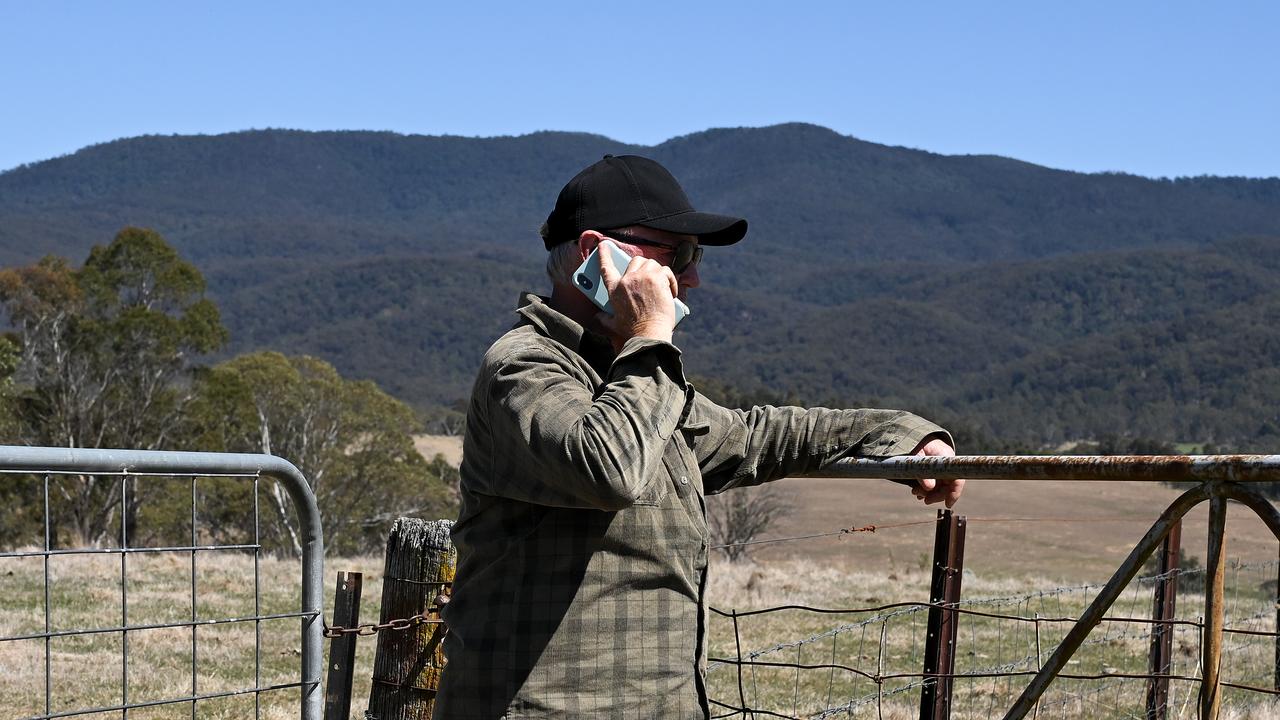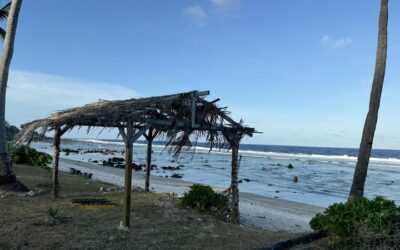Thousands of satellites will replace two Australia sent into space to connect some of its farthest-flung communities.
But an increasing reliance on mercurial overseas providers for satellite connectivity has prompted some concerns.
The corporation operating Australia’s national broadband network has announced plans to replace its existing SkyMuster satellite internet services with low-earth orbit satellites from web services giant Amazon’s Project Kuiper, planned to launch locally in mid-2026.
SkyMuster was state-of-the-art technology when it launched in 2016 and remained fit for purpose, NBN Co health and agriculture executive manager Robert Hardie said.
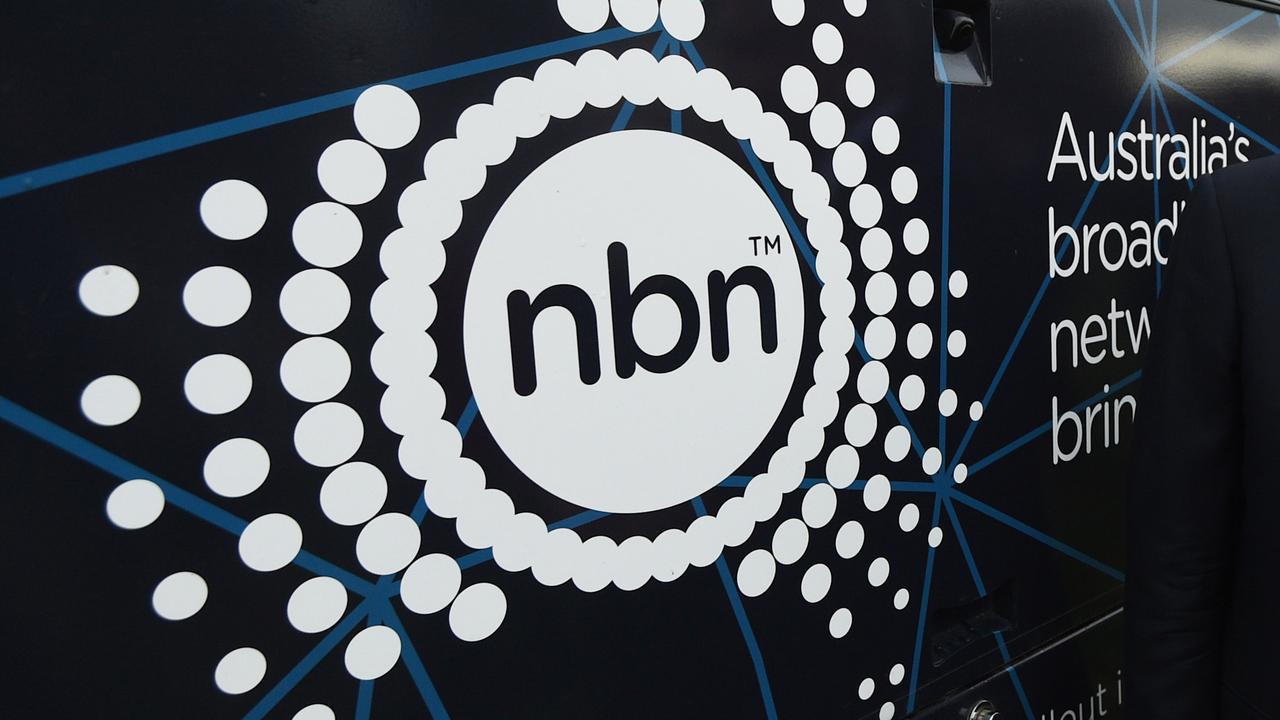
But the partnership with Amazon will give Australian netizens broader access to cutting-edge technology, with faster internet speeds expected.
“Satellite telecommunications has advanced more in the last three years than it has in the last 30 years,” Mr Hardie told AAP on Thursday.
Fixed wireless broadband via satellite requires additional equipment, meaning disruptions like power outages can disconnect users.
But direct-to-device connections are coming, allowing ordinary smartphones to connect to low-earth orbit satellites.
It’s a fundamental transformation, Space Industry Association of Australia chief executive Dan Lloyd says.
“Particularly important for services like triple zero, and unfortunately very recently we’ve seen the tragic consequences of triple zero not functioning.”
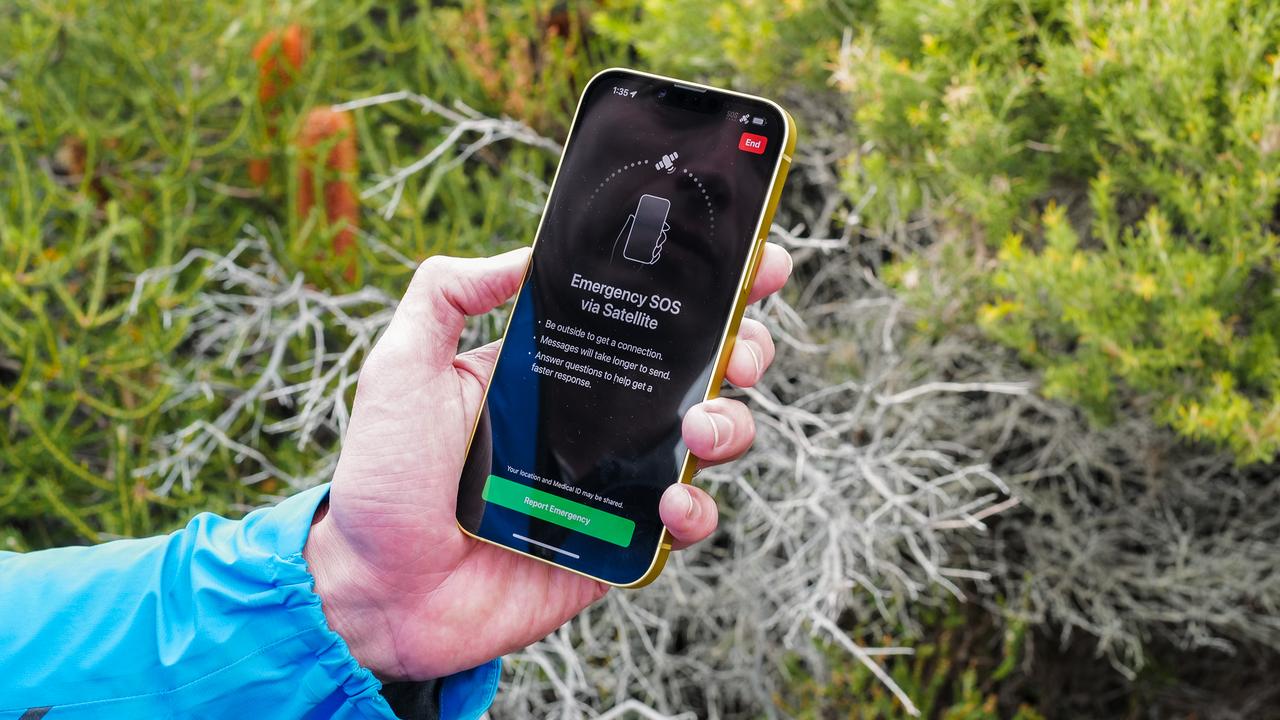
Optus has come under fire for failures to connect triple-zero calls, with multiple deaths linked to the outage.
There was existing capability for triple zero to operate via satellite since 2022, but it currently supported text only, Mr Lloyd said.
He also raised concerns over sovereignty in Australia’s satellite strategy.
“We will be relying on best efforts from international US constellations.”
The NBN project will partner with Amazon, but Australian consumers, as well as major telcos, have also embraced rival provider Starlink.
“Starlink has a track record of turning off services whenever something happens that (founder) Elon Musk doesn’t like,” Mr Lloyd said.
Mr Musk also owns social media platform X, which has opposed Australia’s proposed ban on social media access for children under 16.
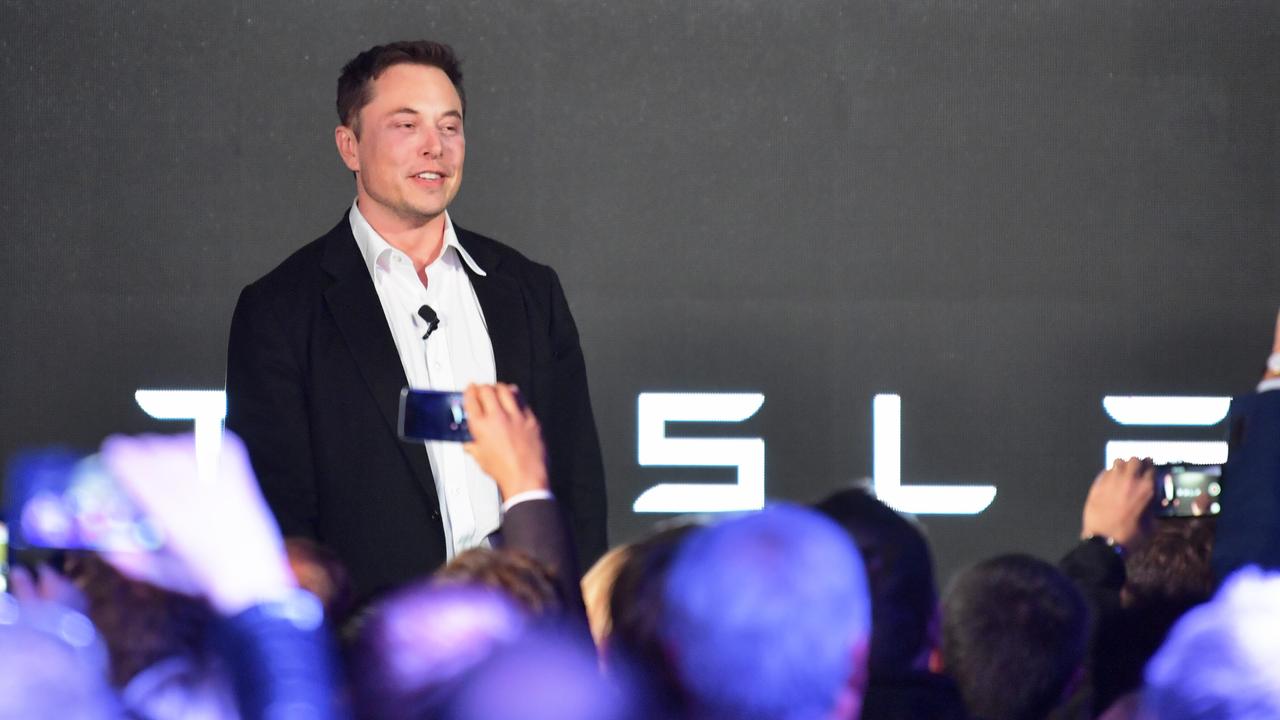
The company cited “serious concerns” over the ban, “including its compatibility with other regulations and laws, including international human rights treaties to which Australia is a signatory” in a submission to a senate inquiry.
“I’m very concerned that we’re essentially betting that US constellations will continue to make available a service that I think is going to be absolutely essential to Australians very, very shortly,” Mr Lloyd said.
Government policies targeting a universal outdoor mobile coverage obligation may require local telcos to ensure direct-to-device services.
“But they have no ability to force the US networks to ensure service and continuity,” Mr Lloyd told the National Farmers’ Federation’s AgXchange conference.
Negotiations were continuing, but Mr Hardie said NBN understood the importance of data sovereignty and privacy.
“We’re very keen to ensure that we can route traffic through Australia so that we maintain some degree of data proprietary,” he said.
This AAP article was made possible by support from Landcare Australia and the National Farmers’ Federation.
Australian Associated Press is the beating heart of Australian news. AAP is Australia’s only independent national newswire and has been delivering accurate, reliable and fast news content to the media industry, government and corporate sector for 85 years. We keep Australia informed.
